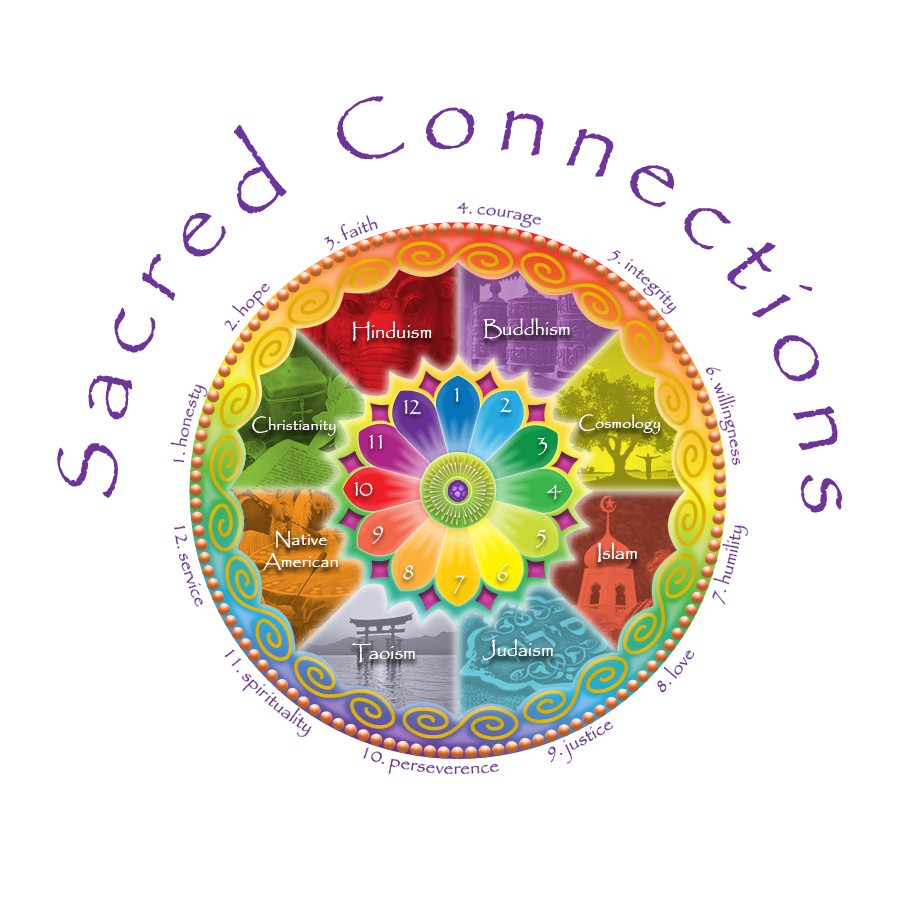Taoism and the 12 Steps
The Chinese view the Universe as a balanced interplay of opposites; the yin and yang, which are understood as complementary forces such as darkness and light, heat and cold, male and female, control and acceptance. Chinese philosophy is also an integration of Confucianism and Taoism, representing complementary positions. Confucianism emphasizes human will and rational decision-making; Taoism emanates from trust in instinct, intuition, creativity and acceptance. Both emerged about 600 BCE and are represented by the teachings and writings of Lao Tzu and Confucius.
The word Tao means way or path, pointing to a path or way in which people live in unity with all things, the Earth and the Universe. The concept of Tao is synonymous with source, process and wisdom. In Taoism all is part of the One.
The Tao Te Ching, much like the Big Book of A.A., has been a well-spring of inspiration. It has been translated into more languages than any other book except the bible. According to Houston Smith, it is “a testament to humanity’s at-home-ness in the Universe…it can be read in half an hour or a lifetime.”
What the Tao Te Ching has most in common with the 12 Steps is the life fulfillment which results from living in harmony with its precepts.
The Tao Itself
The Tao that can be told
is not the eternal Tao.
The name that can be named
is not the eternal Name.
The unnamable is the eternally real.
Naming is the origin
of all particular things.
Free from desire, you realize the mystery.
Caught in desire, you see only the manifestations.
Tao Te Ching (The Book of the Way)
Lao Tzu describes the Tao, or the Way, as the flow of life. It is the ‘way’ things are. It is also the force that moves in and through all things, it permeates and guides all things. As Taoists, we learn to recognize our resistance to this flow and how to yield and surrender to the flow. This practice is synchronous to the Third Step of AA. Our biggest challenge as humans is to learn not to impose control in an ever-changing world.
